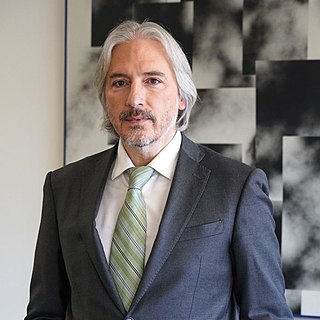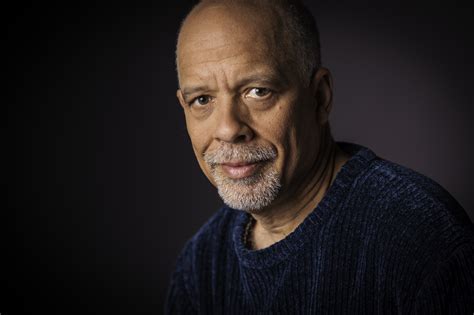A Quote by Stephen Kinzer
On Aug. 19, 1953, Prime Minister Mohammad Mossadegh of Iran became the first victim of a C.I.A. coup. Ten months later, on June 27, 1954, President Jacobo Arbenz of Guatemala became the second.
Related Quotes
In 1953, the United States played a significant role in orchestrating the overthrow of Iran's popular prime minister, Mohammed Mossadegh. The Eisenhower administration believed its actions were justified for strategic reasons, but the coup was clearly a setback for Iran's political development and it is easy to see now why many Iranians continue to resent this intervention by America in their internal affairs.
Most critical histories of U.S. involvement in Iran rightly began with the joint British-U.S. coup against democratically elected Prime Minister Mohammad Mosaddegh in 1953, which installed Pahlavi on the Peacock Throne. But it was Kissinger who, in 1972, greatly deepened the relationship between Washington and Tehran.
I'll tell you whose view on [Bashar] Assad is the same as mine. It's Prime Minister [Benjamin] Netanyahu. Prime Minister Netanyahu has said Israel doesn't have a dog in that fight because Assad is a puppet of Iran, a Shia radical Islamic terrorist, but at the same time, Prime Minister Netanyahu doesn't want to see Syria governed by ISIS.
I was a very senior minister in the Howard government and I sat around this particular table [in the prime ministerial office] in many discussions. The difference between being a senior minister and the prime minister is that ultimately the buck does stop with the prime minister and in the end the prime minister has to make those critical judgement calls and that's the big difference.


































